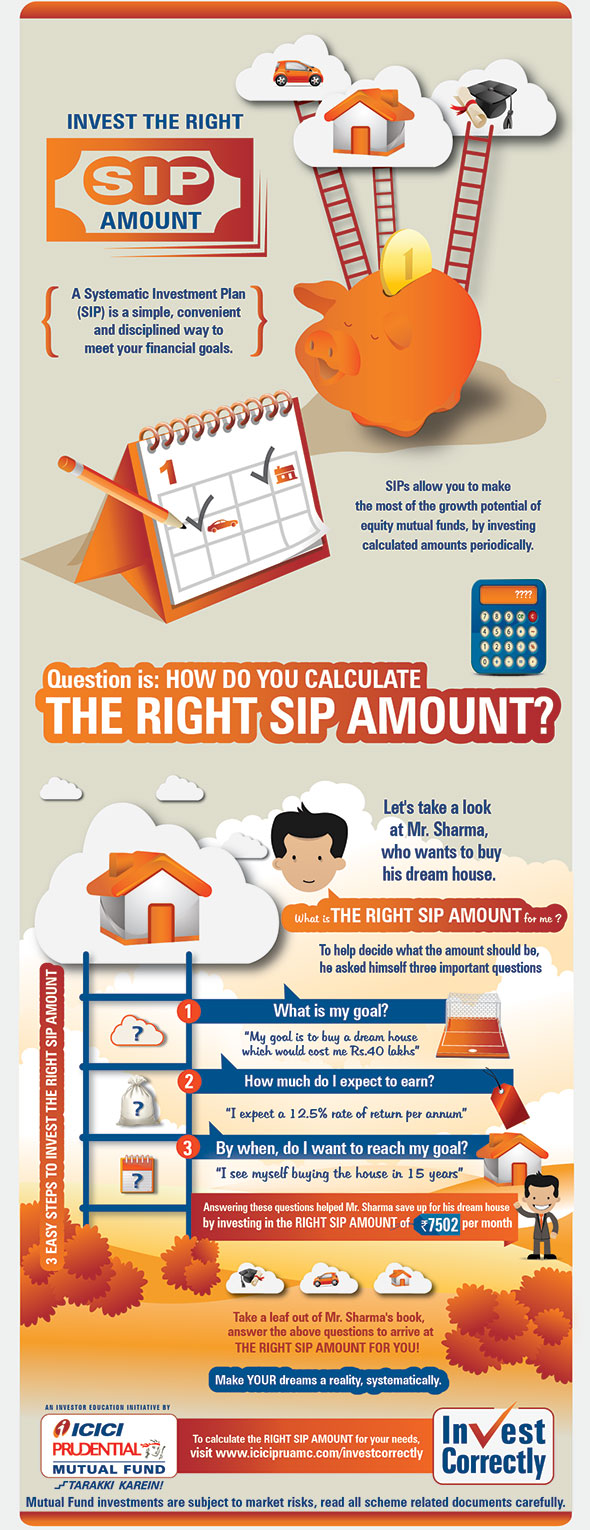The Repercussions Of Failing To Satisfy An Efficiency Bond
The Repercussions Of Failing To Satisfy An Efficiency Bond
Blog Article
Content Author-
When a guaranty issues a performance bond, it ensures that the principal (the party that acquires the bond) will fulfill their responsibilities under the bond's terms. If the principal falls short to meet these commitments and defaults on the bond, the surety is responsible for covering any losses or damages that result.
1. Loss of reputation: Back-pedaling a performance bond can harm the principal's online reputation and trustworthiness, making it more challenging to safeguard future company or funding.
2. Legal and administrative prices: The surety might need to pay lawful and management expenses connected with seeking the principal for damages or attempting to remedy the scenario.
3. Financial losses: The surety might need to cover the cost of completing the project or supplying the services that the principal stopped working to deliver. This can result in significant monetary losses for the guaranty.
4. Increased costs: If the principal has a history of defaulting on performance bonds, they might be needed to pay higher costs in the future to acquire the needed bonding.
Generally, defaulting on an efficiency bond can have significant monetary consequences for both the principal and the guaranty. It is essential for principals to meticulously consider their commitments and ensure they are able to meet the regards to the bond to prevent these adverse outcomes.
Defaulting on a performance bond can be a pricey mistake for services. When bonding agency stop working to fulfill the bond's commitments, the monetary repercussions can be substantial. From paying the complete bond total up to potential legal fights and damaged relationships, the consequences can resound throughout your service operations. Recognizing the intricate web of monetary influences that back-pedaling a performance bond can have is important for safeguarding your firm's monetary wellness and online reputation.
Financial Penalties for Defaulting
If you default on a performance bond, you'll likely face substantial punitive damages. These charges can differ depending upon the terms of the bond contract yet often entail paying the bond amount completely to the obligee. This implies that if you stop working to fulfill your contractual responsibilities, you must pay the bond amount to the task owner or the entity that needed the bond.
In addition, you might additionally be accountable for any type of additional costs sustained by the obligee because of your default, such as finding a substitute contractor or covering project delays.
Back-pedaling an efficiency bond can likewise lead to lawful fees and court prices if the obligee chooses to take lawsuit against you to recover the bond amount. These expenditures can quickly add up, additional exacerbating the financial influence of your default. It's essential to carefully examine and comprehend the terms of the performance bond to stay clear of these serious punitive damages.
Impact on Service Cash Flow
Back-pedaling an efficiency bond can considerably influence your business capital, influencing economic stability and operational capacities. When you back-pedal a performance bond, you risk losing the bond amount, which can be a considerable sum. This loss straight affects your capital, as you'll require to locate alternate resources of moneying to cover the bond quantity. Additionally, defaulting can cause boosted analysis from sureties, making it harder and a lot more costly to protect bonds in the future. This can further strain your cash flow as you might need to designate added sources to satisfy bonding needs.
The effect on your capital does not stop there. Back-pedaling a performance bond can additionally cause job hold-ups or terminations, causing a loss of revenue. In https://howtostartanonlinebusines51617.eedblog.com/33355489/surety-bonding-companies-vs-insurance-companies-what-s-the-difference , the adverse online reputation that includes defaulting can prevent potential customers, further lowering your capital. Generally, back-pedaling an efficiency bond can have detrimental results on your business's monetary health and ability to run smoothly.
Legal Implications and Claims
Dealing with legal implications and possible suits as a result of back-pedaling a performance bond can dramatically affect your organization's credibility and monetary standing. When you default on an efficiency bond, the guaranty business might take legal action to recoup the bond quantity paid out. This could result in costly lawful charges, court costs, and prospective negotiations or judgments versus your company.
Moreover, back-pedaling a performance bond may result in damaged partnerships with clients, subcontractors, and suppliers, impacting your ability to safeguard future agreements. Lawsuits occurring from bond defaults can stain your business's credibility in the market, making it testing to draw in brand-new partners or consumers.
In addition, if the default causes a court judgment versus your company, it can cause property seizure or liens, even more straining your financial security. Therefore, it's crucial to understand the lawful ramifications of defaulting on an efficiency bond and take positive actions to alleviate the risks involved.
Final thought
As you face the consequences of back-pedaling a performance bond, remember this: it resembles strolling a tightrope without a safeguard. One wrong step can send you dropping right into a financial freefall, with no method to quit the fall.
The financial penalties, cash flow influence, and legal ramifications are all waiting to catch you if you slip up. So walk carefully, and always recognize your commitments to avoid the extreme consequences of default.
